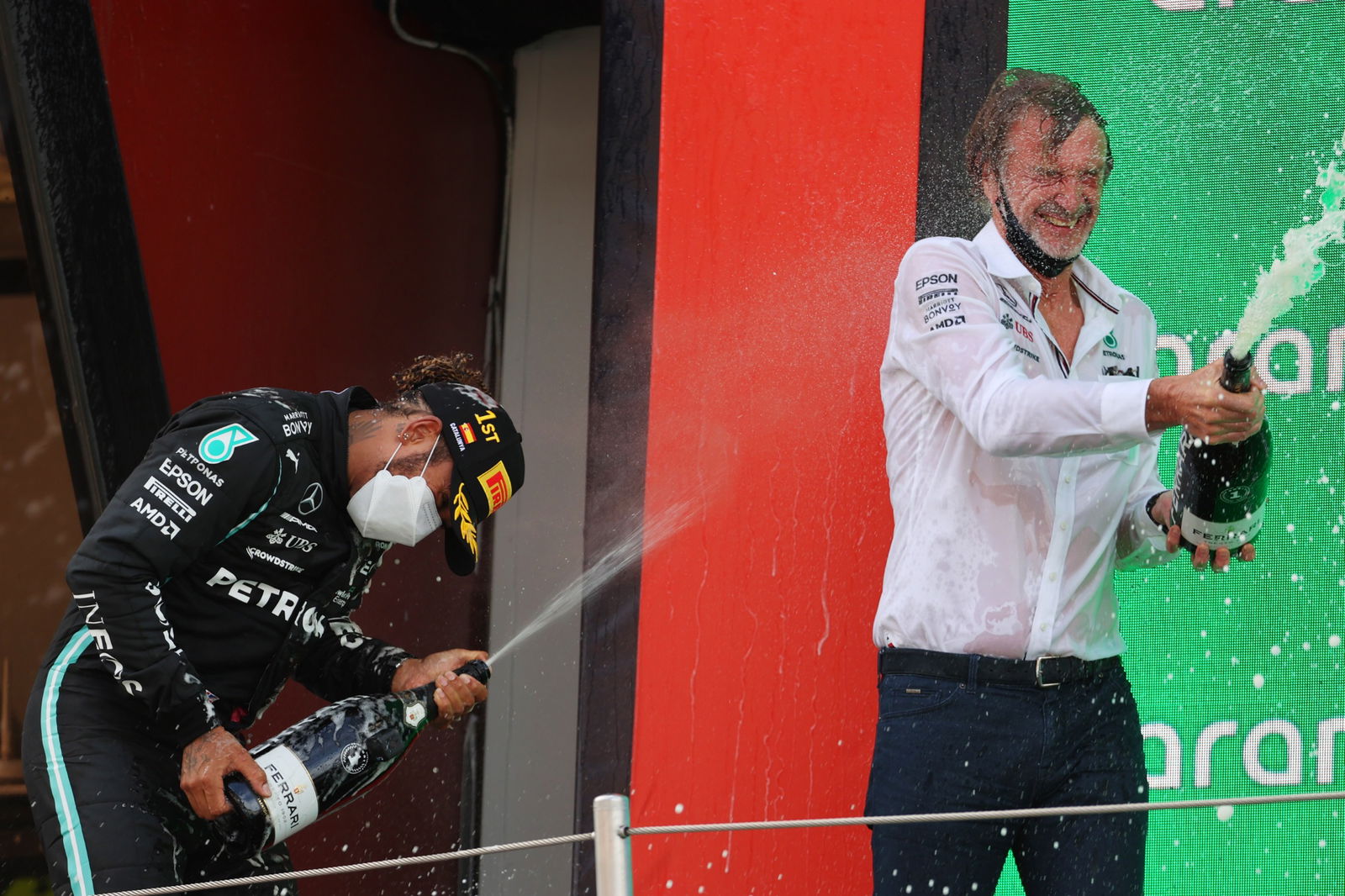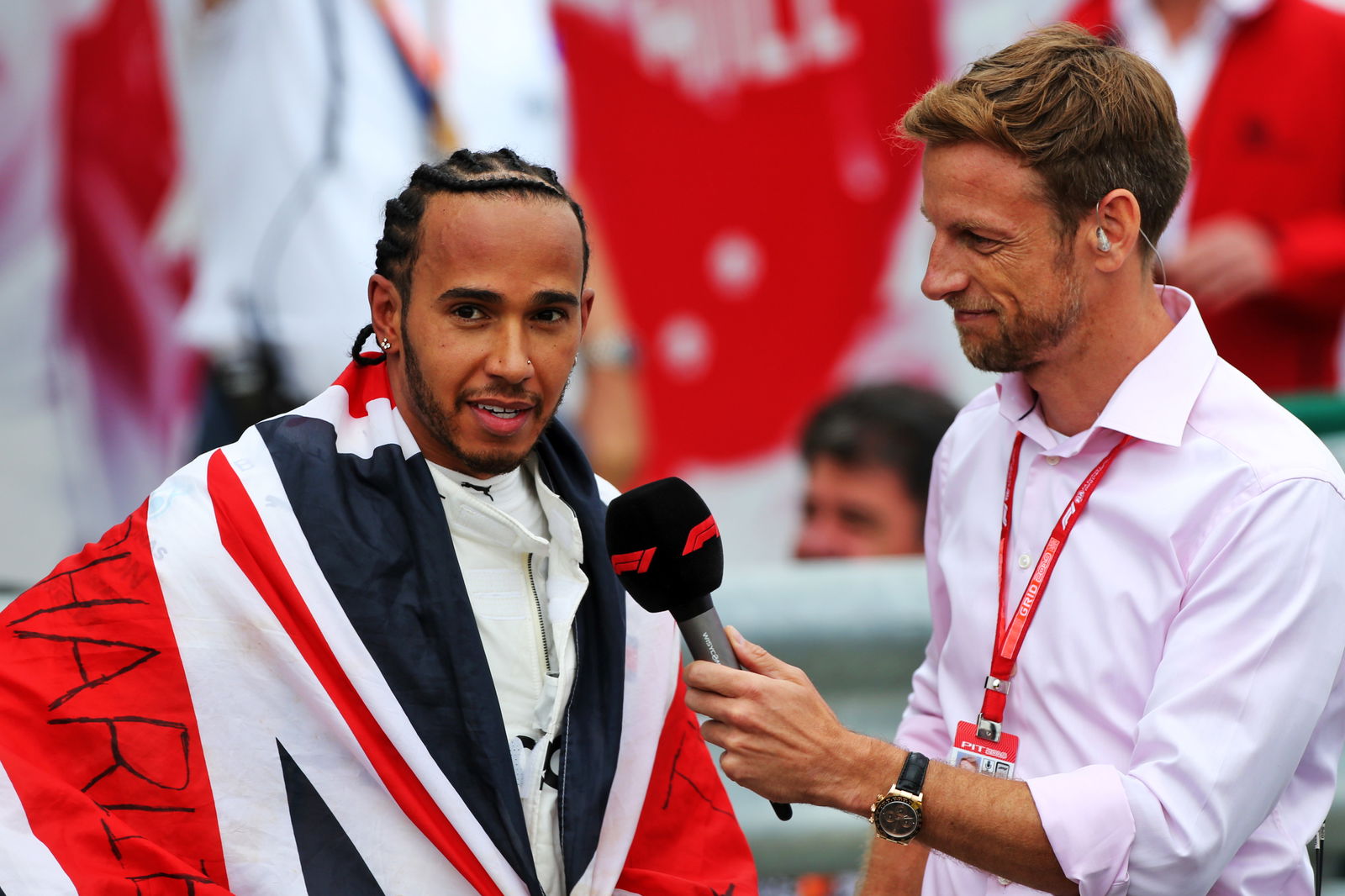Mercedes’ biggest concern about F1 pre-season testing

Preparations for the new F1 season get underway in full swing this week with Bahrain hosting a three-day test across February 23-25, one week before the opening race of the 2023 campaign.
With the regulations remaining relatively stable following last year's major overhaul, pre-season testing has been cut from six days down to just three.
Mercedes spent much of 2022 trying to get to the bottom of their troubled W13 car which was plagued by severe porpoising and bouncing, but are hopeful their W14 will propel them back into F1 title contention.
The team completed a shakedown of their brand-new car last week at Silverstone with Lewis Hamilton and George Russell saying the first run had gone “smoothly”, despite speculation online that there had been early technical gremlins.
But Mercedes technical director Mike Elliott has admitted to being concerned that a single, three-day test will not provide sufficient time to discover and iron out any major issues with their new challenger.
“We never really got on top of the car balance last year,” Elliot said.

“All the normal work we do at the beginning of the season didn’t happen because of the problems we were trying to rectify.
“With only three days of testing this year, that has two big impacts.
“The first is in reliability. If we are not reliable in the test, then we will have very limited mileage to learn. We also won’t be able to measure the car’s absolute reliability too much, because over three days you are not going to get huge amounts of running.
“These cars are now so reliable that you need more mileage than three days to really start seeing some of the issues.
“The second big impact is that we’ve got to use our limited time as efficiently as possible. We’ve got to learn as much as we can, to work out how to get the most performance out of the car and what we can learn to feed into the next developments.”
Russell believes teams should be allowed to run two cars in testing to make up for the lack of track time.
“Personally speaking, I don’t think three days is enough,” he said. “You’ve got to remember from a driver’s perspective, that is one-and-a-half days per driver. We were fortunate to do the [tyre] tests last week but, had we not, that would have been getting on for 12 weeks out of the car from Abu Dhabi to Bahrain.
“I think three days with two cars would probably be a good place to be, and I think that would probably be the best compromise for all of the reasons why they’re trying to limit it. But right now, one and a half days per driver I think is too few.”


